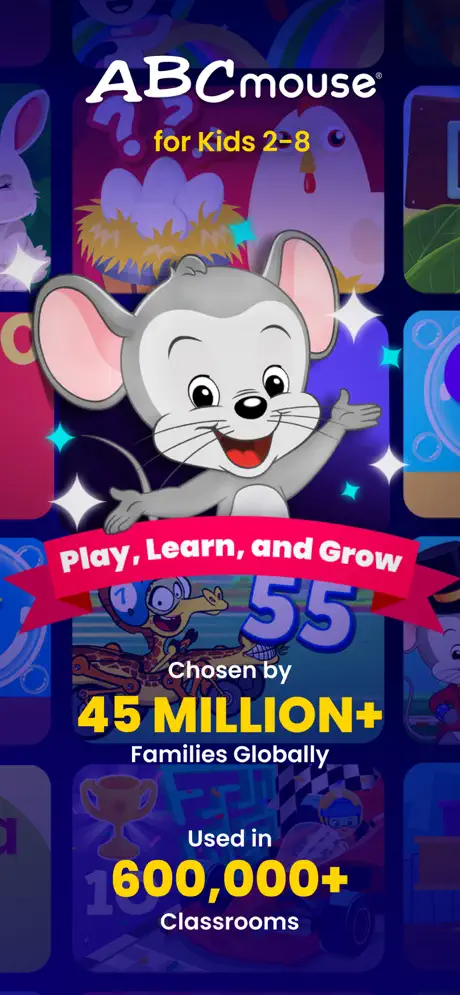Reading is a crucial developmental milestone for children. Early literacy fosters academic performance and a lifetime love of study. When done well, teaching a young kid to read can be enjoyable, playful, and engaging.

Interactive games can help your child while entertaining and motivating them in the digital age. These apps, platforms, and interactive games make reading fun rather than labor.
Interactive games like phonics for kids, letter tracing apps, and toddler and preschool games can help parents assist their child’s reading journey and make learning fun and effective.
Why Interactive Games Promote Early Literacy
Play helps kids learn, and interactive games combining pleasure and education keep them engaged. Toddlers and preschoolers get bored and frustrated with rote memorization and repetitious drills. Reading becomes fun when taught in colorful, hands-on games featuring characters, animations, and rewards.
Interactive games give teachings in bite-sized portions with rapid feedback to motivate kids with short attention spans. They help children learn to read at their own pace, making them ideal for early reading.
Interactive games teach abilities beyond reading. They learn fine motor skills, hand-eye coordination, memory, and problem-solving—essential for development.
How Phonics Helps Read
Phonics is crucial in reading. Teaching children how letters match sounds helps them decipher sentences and understand language patterns.
Many interactive games teach kids phonics today. These games teach youngsters how written words relate to spoken language through sound matching, letter recognition, and blending.
A phonics game for kids may require a child to match letters to sounds, complete a word with the right letter, or listen to noises and identify the starting letter. These interactive aspects make phonics learning entertaining rather than a lesson.
The Value of Letter Tracing App
Letter recognition and formation are crucial to early reading and writing. Children must recognize and form letters before they can read and write.
A letter tracing software helps kids learn this ability. These applications use animations and prompts to help kids trace uppercase and lowercase letters.
A letter tracing app helps kids recognize letters visually and develops fine motor skills by directing finger movements and writing muscle memory. Letter tracing and phonics for kids activities provide a complete literacy introduction.
Toddler Games’ Learning Power
Interactive toddler games help prepare kids for reading. Before formal education, games can help kids learn vocabulary, listening, and pattern recognition.
Songs, rhymes, and interactive play in toddler games teach language basics and encourage speaking and comprehension. A game can have children tap on animals while hearing their names to help them correlate words with sights and sounds.
Early language experiences build a solid basis for children to graduate into formal reading education.
Reading-Developing Preschool Games
Preschool activities help kindergarteners build reading and language skills. These games teach youngsters letter sounds, rhyming, sight words, and sentence construction beyond basic vocabulary.
Preschool games frequently imitate classroom activities in a fun, relaxed way. Children are encouraged to experiment, make errors, and learn by exploring. Challenges and rewards in many games encourage preschoolers to practice and learn.
When chosen carefully, preschool games can reinforce what children are learning at school or in other reading programs, building confidence before entering the classroom.
Digital/Offline Play Combination
Digital activities like letter tracing and phonics for kids applications are convenient and interactive, but screen-based learning should be balanced with hands-on, offline play.
Parents can incorporate computer gaming lessons into daily life by reading books, pointing out letters and words, and encouraging drawing, coloring, and storytelling. This mix of online and offline instruction gives kids a well-rounded education and reinforces reading skills in diverse circumstances.